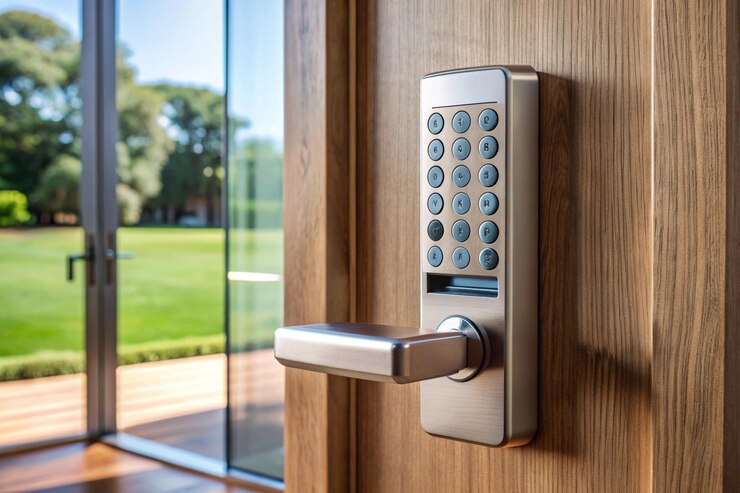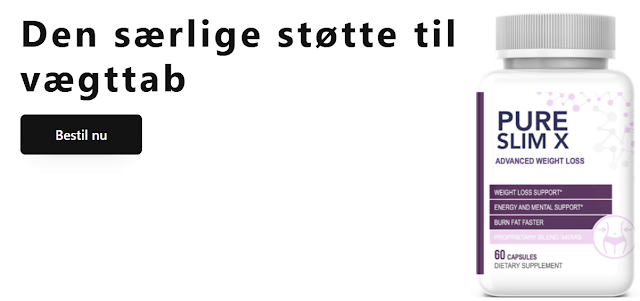How Residential Locks Contribute to a Safer Home Environment

When it comes to home security, residential locks serve as the cornerstone of your family's protection. From keeping unwanted visitors out to ensuring peace of mind while you're away, the right locks can create a significant barrier against intrusion. But beyond just securing doors and windows, residential locks contribute to a safer home environment in various ways, from enhancing physical security to integrating with modern technologies for a smarter, more efficient home. Here's how residential locks play a crucial role in creating a safer living space for you and your loved ones.
1. Preventing Unauthorized Access
The primary function of residential locks is to prevent unauthorized access to your home. Whether you're at home or away, properly installed locks on doors, windows, and gates ensure that only those with the correct key or access code can enter. Strong locks, such as deadbolts, high-security locks, and smart locks, offer physical barriers that make it much more difficult for intruders to force their way inside.
Deadbolts, for example, are one of the most trusted forms of lock for keeping intruders out. When properly installed, they offer exceptional resistance to forced entry. This makes them a staple for external doors, where the security risk is highest. Similarly, smart locks offer an added layer of convenience by allowing remote access control and automatic locking, reducing the chances of leaving a door or window unsecured.
2. Deterrence to Criminal Activity
One of the most powerful aspects of residential locks is their ability to deter crime. A home with visible, high-quality locks sends a clear message that the property is well-secured. Thieves are less likely to target homes that are equipped with sturdy, modern locking mechanisms, as they prefer to avoid homes where entry is difficult or time-consuming.
Incorporating visible security features such as deadbolts, security doors, or smart locks can make your home less appealing to burglars. Intruders are more likely to move on to an easier target when they encounter a well-secured entry point, thereby reducing the likelihood of break-ins.
3. Allowing Safe and Controlled Entry
Not only do residential locks help keep intruders out, but they also ensure that those who are authorized to enter can do so safely and easily. Modern locking systems, such as smart locks, provide homeowners with controlled access to their property, allowing them to grant entry to guests, family members, and service personnel without compromising security.
For example, smart locks enable homeowners to create temporary access codes for guests, allowing them to enter at a specific time without needing to physically hand over a key. This eliminates the risk of lost or stolen keys, which could compromise the home’s security. Additionally, smart locks often feature remote monitoring and control, allowing you to lock or unlock doors from your smartphone, no matter where you are. This level of control is particularly useful in emergencies or when you're away from home for an extended period.
4. Enhancing Security for Vulnerable Areas
While entry doors are typically the focus of home security, windows, sliding doors, and gates are other vulnerable areas that require attention. Residential locks extend beyond just securing doors—they can also be applied to other entry points such as windows, garages, and gates, each of which plays a role in the overall security of your home.
For example, window locks and security bars can provide an additional level of protection, especially on ground-floor windows that are easily accessible from outside. Sliding door locks are another important aspect of security, as these doors are often targeted by burglars. High-quality locks on these doors, such as pin locks or multi-point locking systems, help reinforce their security and prevent unauthorized entry.
5. Increasing the Safety of Children and Pets
In a home with young children or pets, ensuring their safety is of utmost importance. Residential locks contribute to this by securing doors that lead to areas of the home that may not be childproof or safe for little ones. For example, installing childproof locks on cabinets, doors, or gates can prevent children from accessing potentially hazardous areas such as kitchens, garages, or stairs.
Similarly, ensuring that exterior doors are securely locked can prevent children from accidentally wandering outside and into dangerous situations. Smart locks can also be programmed to send alerts when a door is opened, giving parents real-time awareness of their child’s movements.
6. Emergency Security and Peace of Mind
In emergency situations, residential locks can be a vital tool for ensuring your family's safety. Many modern locking systems feature emergency features, such as the ability to lock all doors with a single touch or the option to grant emergency access to first responders or neighbors. Some smart locks even offer integration with security systems, enabling them to automatically lock doors when a security alarm is triggered, enhancing the response time to potential threats.
Additionally, many home security systems now come with integrated locks, providing homeowners with a holistic security solution. These systems can send real-time alerts to your smartphone in the event of a break-in or attempted entry, allowing you to take action or notify authorities immediately. The peace of mind that comes with knowing that your home is monitored, even when you're not there, contributes significantly to a safer home environment.
7. Long-Term Investment in Safety
Residential locks are not just about immediate security—they are also an investment in the long-term safety of your home. High-quality locks, particularly those that feature advanced technology such as biometric access, keypad entry, or integrated smart home systems, add value to your property. As the demand for homes with modern security features increases, investing in top-tier locks can enhance the overall appeal and marketability of your home.
Moreover, locks that are properly maintained and periodically upgraded ensure continued protection over time. As technology advances, new security features become available, and upgrading your locks can help you stay ahead of potential threats. Regular maintenance also ensures that locks remain functional and reliable when you need them the most.
Conclusion
In conclusion, residential locks play an essential role in creating a safer home environment. They not only serve as barriers to unauthorized access but also help deter crime, enhance controlled entry, and provide peace of mind. Whether you're installing traditional deadbolts, upgrading to smart locks, or securing windows and gates, the right locks are an investment in the safety and security of your home. By choosing high-quality, reliable locks and maintaining them properly, you can ensure that your family is protected for years to come.




